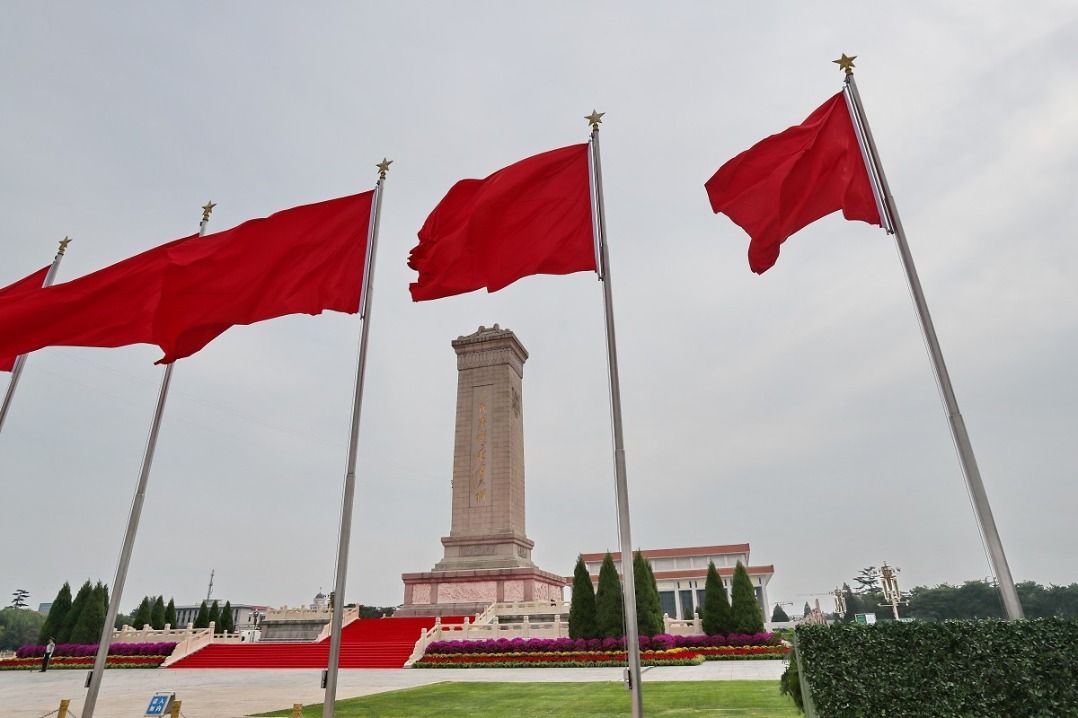China, Africa advance modernization in new era

Editor's note: President Xi Jinping said on Thursday that the joint pursuit of modernization by China and Africa will set off a wave of modernization in the Global South and open a new chapter for building a community with a shared future for humanity. Six experts share their views with China Daily's Pan Yixuan on the significance of China-Africa cooperation in the new era as emphasized in the keynote address during the opening ceremony of the 2024 Summit of the Forum on China-Africa Cooperation. Excerpts follow:

Green development has huge potential
On Thursday, the FOCAC announced the Partnership Action for Green Development under which China is ready to launch 30 clean energy projects in Africa.
The demand for green development in Africa is significant, as the continent faces notable climate adaptation challenges despite potentially lower emissions compared to other regions. Therefore, Africa needs to focus on two main aspects — climate adaptation and innovative capacity building. This includes enhancing urban governance resilience, ensuring existing projects are climate-adaptive and resilient and fostering industrial cooperation in areas such as exports and new energy development.
When it comes to climate change and renewable sustainable development, the paths are limited, with one key aspect being emissions reduction through technological upgrades and energy efficiency improvements. The process of energy substitution involves using more renewable energy to replace traditional fossil fuels. Cooperation between China and Africa aims to accelerate this transition, not solely through aid but through collaborative efforts.
With the European Union's introduction of the Carbon Border Adjustment Mechanism, climate and trade have become closely intertwined, where carbon considerations restrict trade and reshape trade rules. In this context, cooperation between China and Africa, as well as the development of both regions, aims to break free from constraints that could potentially subject developing countries to new carbon-based trade restrictions.
Countries aspire to reduce emissions and contribute to the global community's development, but it is crucial to prevent carbon emissions from being misused as a pretext for imposing new trade barriers. Ensuring that multilateral mechanisms function effectively is key to preventing the manipulation of international trade rules under the guise of carbon reduction and sustainable development, thereby hindering trade development. In this process, cooperation between China and Africa remains pivotal.
Xu Qinyi is an assistant professor at the School of International Studies, and researcher at the Institute of Carbon Neutrality, Peking University.
The views don't necessarily reflect those of China Daily.
If you have a specific expertise, or would like to share your thought about our stories, then send us your writings at [email protected], and [email protected].
































